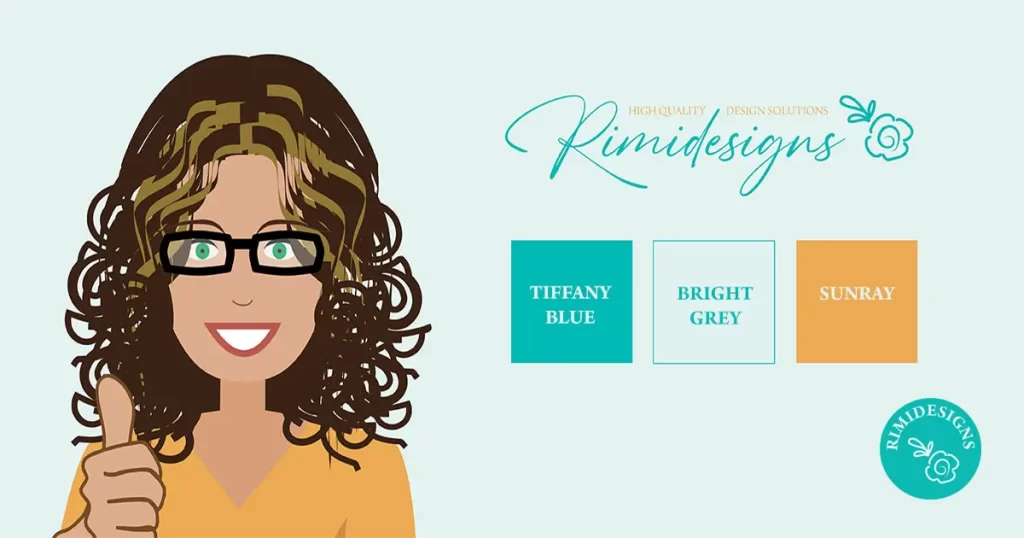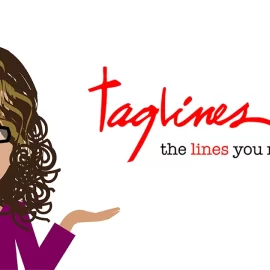
Choosing the Best Colour Palette for Your Brand
Choosing the right colour palette is crucial for creating a cohesive and memorable brand. In this article, I’ll explore how to choose the best colour palette for your brand, ensuring it resonates with your audience and reflects your unique personality.
Understanding the psychology of colours
Before diving into specific colour combinations, it’s important to understand the psychology of colours. Different colours evoke different emotions and associations.
- Red: Energy, passion, excitement.
- Blue: Trust, professionalism, calmness.
- Yellow: Optimism, happiness, warmth.
- Green: Growth, health, tranquility.
- Black: Sophistication, elegance, power.
- White: Purity, simplicity, cleanliness.
Understanding these associations can help you choose colours that align with your brand’s values and message.
Step-by-step guide to choosing your colour palette
1. Define your brand personality
Start by identifying the key attributes of your brand. Is your brand playful and fun or is it professional and serious? Understanding your brand’s personality will guide your colour choices.
2. Know your audience
Consider who your target audience is and what appeals to them. For example, younger audiences might be drawn to bold and vibrant colours, while a more mature audience might prefer muted and sophisticated tones.
3. Analyse competitors
Take a look at your competitors’ colour palettes. While you don’t want to copy them, understanding the colour trends in your industry can help you stand out or fit in as needed.
4. Choose a primary colour
Your primary colour is the one that will be most associated with your brand. Choose a colour that reflects your brand’s personality and resonates with your audience. This will be the main colour used in your logo, website and marketing materials.
5. Select complementary colours
Choose one or two complementary colours that enhance your primary colour. These should be colours that work well together and create a balanced look. There are plenty of free online colour generator tools that can help you find complementary colours.
6. Add neutral shades
Incorporate neutral colours like white, black, grey or beige to balance your palette. Neutrals can be used for backgrounds, text and other elements to ensure your primary and complementary colours stand out.
Popular colour palettes for branding
To give you some inspiration, here are a few popular colour palettes that are effective in branding:
1. Bold and vibrant
Primary colours: Red, Blue, Yellow
Accent colours: Black, White
2. Minimalist and modern
Primary colours: Black, White, Gray
Accent colours: Soft Pastels (Mint, Blush, Light Blue)
3. Earthy and natural
Primary colours: Olive Green, Terracotta, Mustard Yellow
Accent colours: Beige, Brown
4. Monochromatic elegance
Primary colours: Various shades of a single colour (e.g., different shades of Blue or Purple)
Accent colours: Neutral shades (White, Grey, Black)
5. Tech and innovation
Primary colours: Electric Blue, Neon Green, Bright Cyan
Accent colours: Dark Gray, Black
6. Vintage and retro
Primary colours: Burnt Orange, Teal, Mustard Yellow
Accent colours: Cream, Brown
Tips for maintaining consistency
Once you’ve chosen your colour palette, consistency is key. Use your palette across all branding materials, including your website, social media, packaging and marketing collateral. Consistent use of colour helps build brand recognition and trust.
Remember, your colour palette is a crucial part of your brand identity, so take the time to choose colours that truly represent who you are and what you stand for.
Ready to bring your vision to life? Don’t settle for ordinary, let’s design the extraordinary together! Unleash the power of your ideas with stunning visuals. Your masterpiece is just a click away. Think we’d be a great fit? Work with me and let my expert graphic design skills transform your concepts into captivating designs. Let’s talk!



